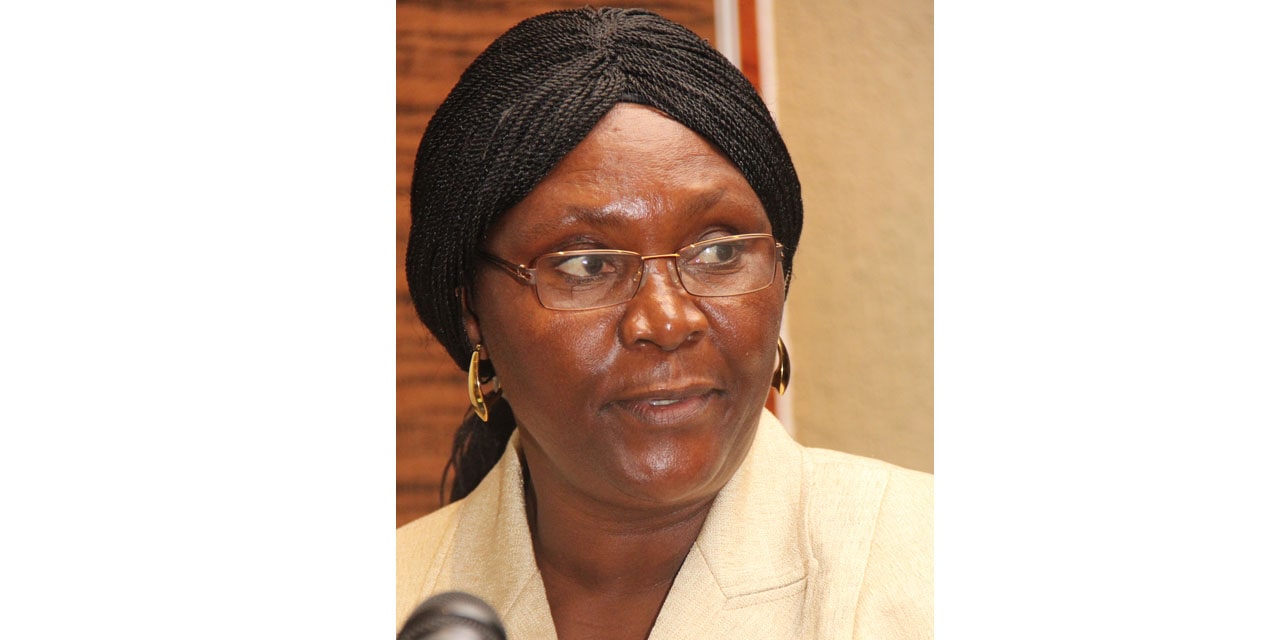Ester Mbathera
The Prosecutor-General is pushing for a restraint order against Samherji employees suspected to be implicated in the Fishrot case under the provisions of the Prevention of Organised Crime Act (POCA) of 2004.
Martha Imalwa on Thursday asked the High Court to secure and restrain the realisable properties of the Icelandic companies Esja Holding, Mermaria Seafood Namibia, Saga Seafood, Heinaste Investment, Saga Investment, and Esja Investment.
The companies are represented by Samherji executives Ingvar Juliusson, Egill Helgi Arnason, and Adelsteinn Helgason, whom Imalwa also wants to have extradited to Namibia.
Imalwa argues in her application that there are strong grounds to believe that the defendants will face criminal charges, according to the case management report.
She is seeking a restraint order to prevent the defendants from disposing of their properties before the legal proceedings are concluded.
This is to guarantee the assets’ continued availability for confiscation in the event of guilty verdicts.
The applicant’s affidavits, filed with the restraint application, set forth the facts upon which she relies.
The defendants, through their legal representatives, Joos Agenbach, Attorney & Notary, argue that the Prosecutor-General has not provided sufficient evidence to justify the restraint order.
According to the lawyers, Imalwa has not demonstrated that the defendants will be extradited and charged in the criminal matter.
“…will be charged and found guilty in such criminal proceedings. Will be subject to a confiscation order following the criminal proceeding, and as a result, a restraint order should not be given,” said the lawyers.
Both parties have laid out their positions in detailed affidavits.
The dispute is whether the evidence presented meets the threshold for issuing a restraint order as stipulated by POCA.
Both parties have submitted a joint case management report that outlines the agreed-upon and disputed issues.
The parties are in the process of determining mutually convenient dates for the hearings.
If an agreement is not reached by the time of the case management conference, a two-week postponement will be sought.




